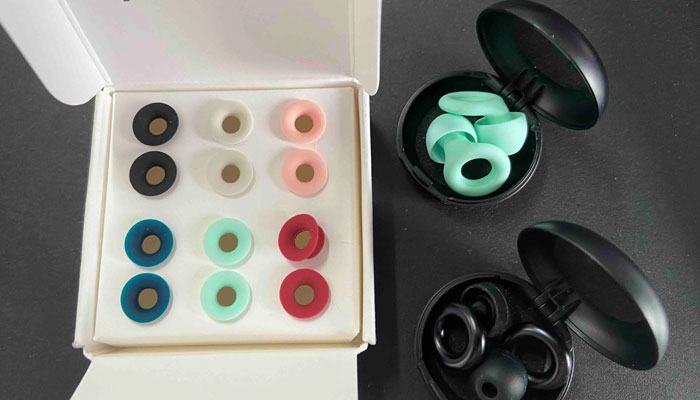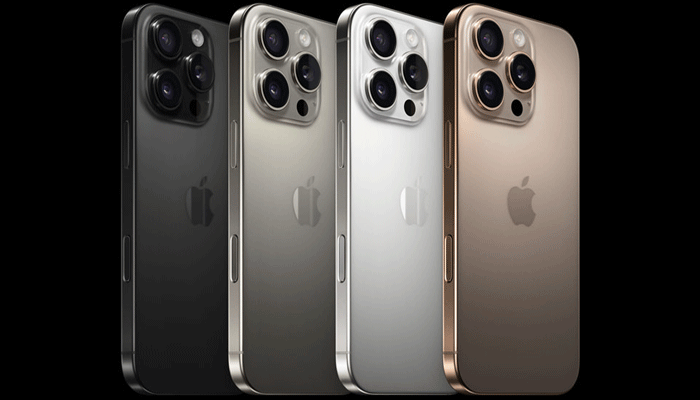
Whether you’re at a concert or using a power tool at home, you should consider wearing earplugs. Loud noises, at certain decibel levels, can cause permanent hearing loss.
Foam earplugs are readily available and can be easily inserted into your ear canal without needing the services of a medical professional. Earplugs reduce the decibel levels at which you can hear but allow you to still hear conversations and music.
Noise-Induced Hearing Loss
Loud noises can damage hearing by changing the way the eardrum responds to sound. A single blast of loud noise (such as firecrackers) can cause a temporary threshold shift or ringing in the ears, but repeated exposure to noise over long periods can permanently damage your hearing. This is called noise-induced hearing loss, and it can range from a slight loss in high-frequency sounds to total hearing loss.
Earplugs can reduce the amount of sound that reaches your eardrum by blocking out the noise with soft foam or silicone. The type of earplugs you need depends on the level of noise and length of exposure, but there are options available for all levels of protection. For example, Loop Quiet offers noise reduction of up to 27 decibels and is designed with super-soft silicone for all-night comfort.
In addition to preventing hearing loss, using earplugs when exposed to noisy environments can reduce the risk of accidents in the workplace. Workers who can’t hear important signals or warnings from equipment might make mistakes that lead to injuries or damages. Using earplugs at work can help prevent this from happening, and they can also improve communication between coworkers and customers.
Many people use earplugs for recreational activities, too. From working a blender to mowing the lawn, many machines can be dangerous to your hearing if you’re exposed for prolonged periods. Many people who enjoy concerts, sporting events, and nightclubs also benefit from wearing earplugs to filter out the volume, while still allowing them to appreciate the music.
If you’re choosing a disposable pair of earplugs from the drugstore, it’s important to ensure they fit properly to offer maximum protection. To do this, roll the earplug into a thin snake and insert it into your ear canal to avoid creases that could let in sound. You can also find a variety of earplugs that are custom-fitted to your ear, but these tend to be more expensive and may require you to visit an audiologist to have them made. Consider looking for Loop Earplugs UK Promo to save on custom-fitted earplugs that offer enhanced comfort and protection.
Ear Infections
Ear infections can be caused by bacteria, viruses, or fungi in the outer ear, the ear canal, or the Eustachian tube that connects the ears to the throat. If left untreated, ear infections can lead to temporary hearing loss and tinnitus. Earplugs can help prevent ear infections by reducing the amount of sound that reaches your eardrum.
Earplugs can also block out sounds that interfere with sleeping, such as street noises or your partner’s snoring. Many people wear earplugs to sleep, work, or play sports such as skeet shooting and hunting. In addition, people use earplugs when attending loud concerts or parties and riding motorcycles (because the wind sounds can be damaging to your hearing, even with a helmet).
The market is filled with earplugs of all shapes and sizes. Most are foam, which can be squeezed, inserted, and then expanded to fit the size of your ear canal. They are often brightly colored to make them easier to find in a crowd. They are usually disposable and inexpensive. Other types of earplugs are made of silicon with a dough-like feel or have flanged rings that secure inside the ear canal and create a series of barriers against noise. They are typically longer lasting than foam earplugs but can be more expensive.
It’s important to know your NRR when selecting earplugs, but it’s just as important to consider comfort and convenience. If the earplugs don’t feel comfortable in your ears or don’t fit properly, they won’t do their job. A good rule of thumb is to test them by talking in a normal tone while wearing them. You can also ask a friend or use a mirror to check the fit. When the earplugs are positioned correctly, you should be able to hear your voice but it should be muffled. If the earplugs are uncomfortable or painful, you should remove them immediately. It’s also a good idea to take a break from using earplugs every few days to allow your ears to rest and re-adjust. This will also allow the earwax to naturally disperse and clear your ear canal.
Sleep Disruption
Noise like loud music, power tools, and car engines can damage the ears if they are exposed to them for long periods. These loud sounds can also disturb your sleep pattern and cause you to feel tired throughout the day. Using earplugs to limit noise can help you get a more restful night of sleep and improve your overall health and well-being.
Many people wear earplugs when working in construction or industrial jobs, attending concerts or sporting events, hunting and skeet shooting, riding motorcycles, and using loud power tools around the home and yard. But even if you’re not in one of these industries, earplugs can be used to limit noise from noisy neighbors, snoring partners, music or TV, and other distractions that interfere with a good night’s sleep.
Earplugs can be molded to fit comfortably into the ear canal to block out noise. They come in a variety of materials, including silicone, foam, wax, and plastic. They can be reusable or disposable. Silicone earplugs are more durable and may be reusable, but they tend to create a tight seal that can lead to discomfort. Silicone earplugs are best for workers who need only modest protection from noise and need to communicate with coworkers. For musicians and concert attendees, there are specially designed earplugs that offer a lower attenuation than traditional plugs and provide better speech perception while blocking disruptive sounds.
For sleeping, molded earplugs that are made of soft foam are usually the most comfortable and inexpensive. They’re available in many stores and roll up into a small, thin “snake” between your thumb and fingers to easily slip into the ear canal without making any creases that could allow sound through.
For more protection, some earplugs are reusable and have a toggle switch to protect against both steady-state and impulse noise exposure. They’re often called tactical earplugs and require an initial fitting by a medically trained professional to ensure they are properly fitted and aligned in the ear canal. They can be rolled up into a cylinder and then inserted into the ear canal, where they’ll expand to fill the ear canal tightly. When looking for such high-quality earplugs, consider searching for Accessories Voucher Codes to find deals and discounts.
Decreased Concentration
Earplugs are designed to mitigate the sound that reaches your cochlea, the inner ear. You’re probably familiar with disposable versions in brightly colored foam or silicone and plastic sold at the drugstore or hardware store, but there are also custom options available. The type you choose will depend on your needs and budget, as well as the conditions in which you’ll use them.
Depending on the type of earplugs you choose, they can reduce sounds up to 20 decibels or more. The amount of noise reduction they offer is reflected in their “noise reduction rating” or NRR, which is calculated from stringent lab tests conducted under ideal conditions. However, the NRR is a good starting point to compare different brands and types of earplugs.
You’ll want to be careful not to overdo it with earplug use, as prolonged exposure can lead to ear infections. This is especially true for disposable earplugs, which can trap bacteria in your ear canal and cause pain, itching, redness, and swelling if not removed and replaced regularly. Reusable earplugs made from silicone, plastic, or another material are more durable and easier to clean.
If you work in a noisy environment, earplugs will help protect your hearing and make it easier to concentrate on tasks. They’re also helpful for recreational activities like attending concerts or spending time in the snow and can be a lifesaver when camping or hiking.
Earplugs can help people who are light sleepers fall asleep faster and stay asleep throughout the night. This is because they block out noises that would otherwise wake them up, such as road or construction noises, music or TV blaring in other rooms, or a snoring partner.
Many professionals in various fields — from construction workers to classical musicians — use earplugs to reduce their exposure to loud sounds that could damage their ears. While listening to live music can be exhilarating, it’s important not to exceed the recommended levels of decibels to prevent ear pain, ringing, or loss of hearing. Earplugs can also help reduce the effects of exostosis, which is more common in people who spend a lot of time outdoors and expose their ears to cold water and wind.
Conclusion
Wearing earplugs in noisy places is highly recommended to protect our hearing. Exposure to loud noises can cause permanent damage to our ears, leading to hearing loss and other related problems. By taking simple steps such as wearing earplugs, we can prevent such damage and enjoy our lives without worrying about hearing issues in the future.








